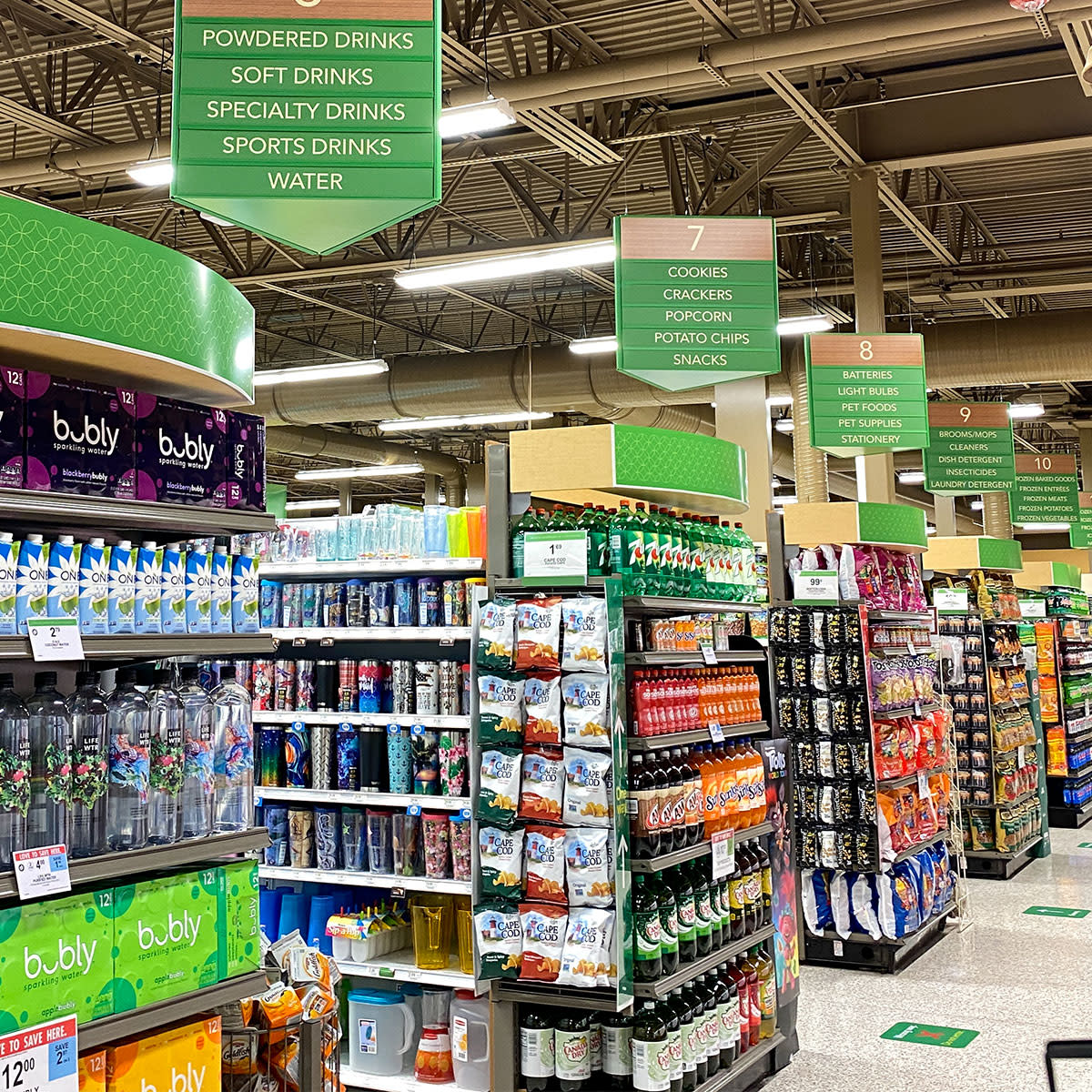The 2 Processed Snacks Doctors Say You Should Stop Putting In Your Body—They Lead To Visceral Fat

Processed snacks have become a ubiquitous part of modern diets, tempting our taste buds with their convenience and often irresistible flavors. These snacks, typically high in sugar, unhealthy fats, and refined carbohydrates, may satisfy our immediate cravings but can also have a detrimental impact on our health, particularly when it comes to visceral fat accumulation. Visceral fat, the type of fat stored deep within the abdominal cavity, is not just a cosmetic concern; it poses significant health risks.
We spoke with Dr. Cameron Heinz to find out the two types of processed snacks that you should try to limit because they lead to visceral fat and can cause other health issues. Heinz revealed that potato chips and processed sweets should be avoided when possible. Read on to learn more.

Potato Chips
Potato chips, with their crispy texture and salty allure, are a quintessential example of processed snacks that can contribute to the accumulation of visceral fat. These snacks are typically laden with unhealthy trans fats and excessive sodium, both of which can lead to weight gain and an increase in visceral fat. Regular consumption of potato chips and similar highly processed snacks can disrupt the body's metabolic balance, promoting fat storage in the abdominal area. Moreover, the rapid spikes in blood sugar caused by the high glycemic index of potato chips may also play a role in visceral fat accumulation over time.
"Potato chips are often high in unhealthy fats and calories, contributing to weight gain, especially if consumed in excess," Heinz says.
To maintain a healthier body composition, it's advisable to limit the consumption of such snacks and opt for more nutritious alternatives.

Processed Sweets
Processed sweets, with their enticing sweetness and indulgent flavors, can contribute significantly to the buildup of visceral fat when consumed in excess. These sugary treats are typically rich in refined sugars and unhealthy fats, which can lead to weight gain and the deposition of fat around the abdominal organs. The rapid influx of sugar into the bloodstream can also trigger insulin spikes, promoting fat storage in the visceral area over time.
"Foods high in added sugars, like candies and sweetened beverages, can lead to weight gain and fat accumulation, including visceral fat," Heinz states.
Regular consumption of processed sweets not only contributes to weight gain but also poses health risks associated with visceral fat, such as increased risk of heart disease and type 2 diabetes. It's essential to enjoy such treats in moderation and prioritize a balanced diet to maintain a healthier body composition and overall well-being.
